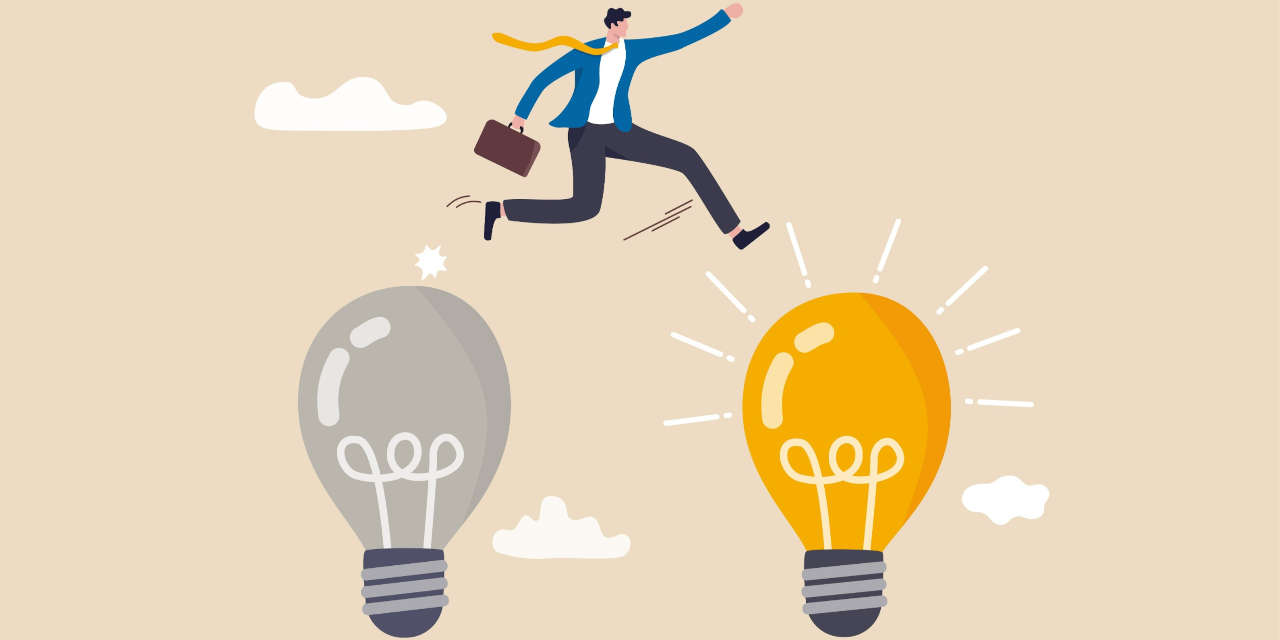By Steve Moran
The Wall Street Journal recently published an article titled “The Airline Experiment to Make Boarding Less Awful,” which was a great title because anyone who has ever flown knows that the boarding process is a hot mess. Maybe even the worst part of flying.
Their goal is to shave five minutes off the boarding process for each flight, which across the system means moving more passengers with the same number of planes and the same staffing — with the advantage of making passengers a little less grumpy.
Music and Senior Living
The thing that first got my juices flowing was that one of the things they are doing is playing high-energy disco music on the jetways to keep people moving faster … and yes, it actually works. It got me wondering, what would happen if we started playing disco music (or its generational equivalent) in the common areas of our senior living communities?
Even right now, as I write this, I have high energy ’70s and ’80s music playing because it makes my brain work better when I write.
Thinking Bigger
In 1979, Harvard psychologist Ellen Langer ran an experiment where she took eight men who were in their 70s and immersed them in a living environment that was from 22 years earlier. Magazines, newspapers, food, TV music, everything from a generation earlier.
They talked about historical events as if they were current events. They also did not talk about their diminished physical state, and no one helped with carrying their luggage or with walking. No one treated them like they were old. There were also no mirrors or modern day clothing. It was the illusion of stepping into a time machine that took them back 22 years.
After a week, they all showed improvement in physical strength, manual dexterity, gait, posture, cognition, hearing, and vision.
You can read all about the experiment in her book Counterclockwise.
Big Picture
In this current experiment, Southwest has at least 12 things they are exploring to make the boarding process better. It is costing them money, and some things won’t work, but at the end of the day it will make the passenger experience better and likely improve profitability.
Senior living has so much untapped opportunity to figure out how to make the resident and team member experience better.
More than anything else, I am intrigued by the idea that we might choose to not treat residents like old people. My head is spinning with the possibilities of how senior living could be transformed — residents being less dependent, more active, living longer, needing fewer services from the community.
Everyone would win.







